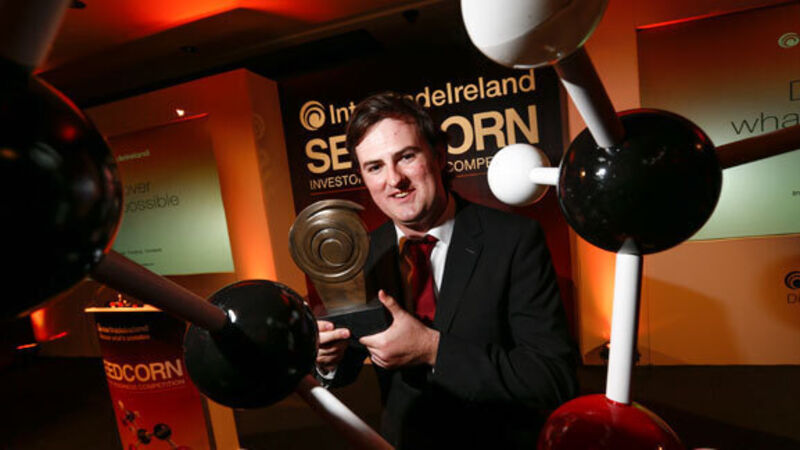The main talking points from Limerick’s Wild Atlantic Start-up Conference

There are such things as healthy obsessions. Obsessions that come with the drive and determination to create something much bigger than the self.
At the Wild Atlantic Start-up Conference, it was clear that this was intending to be more than just a conference.
















